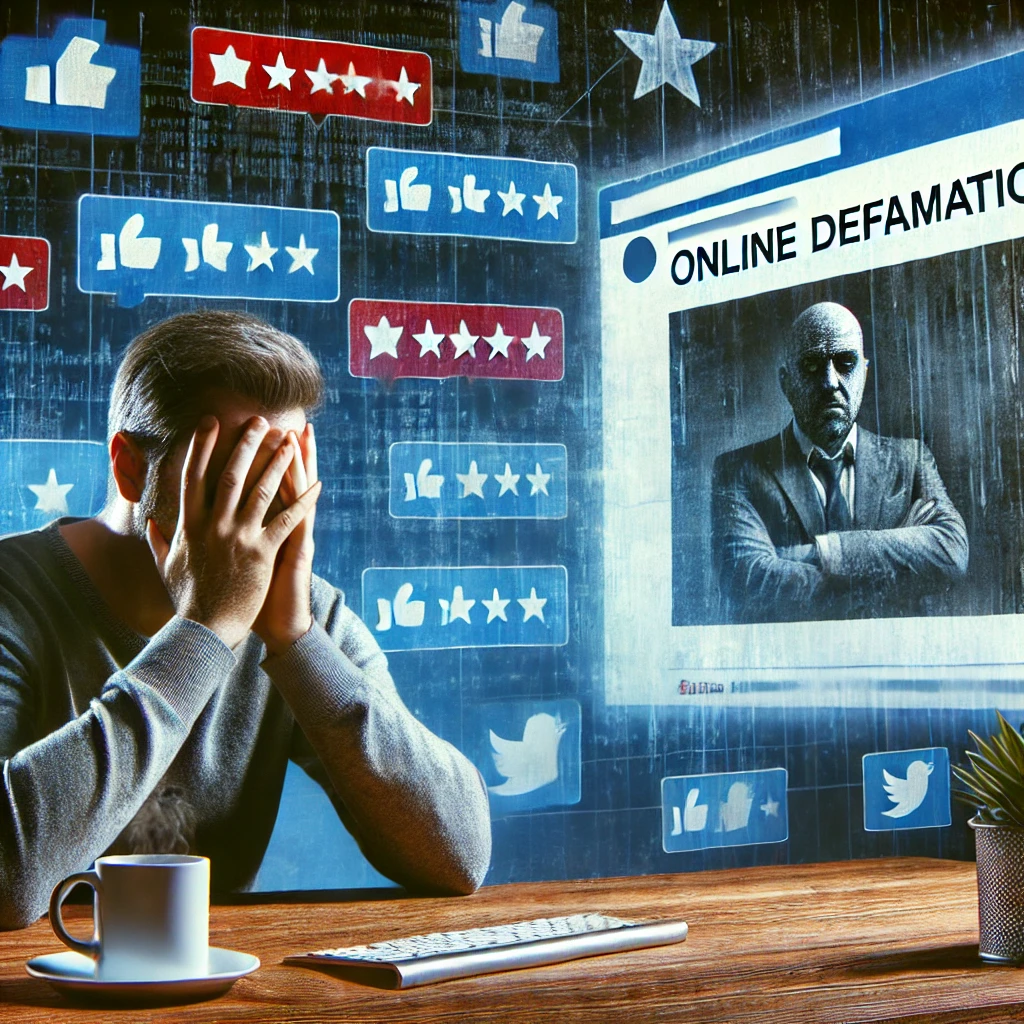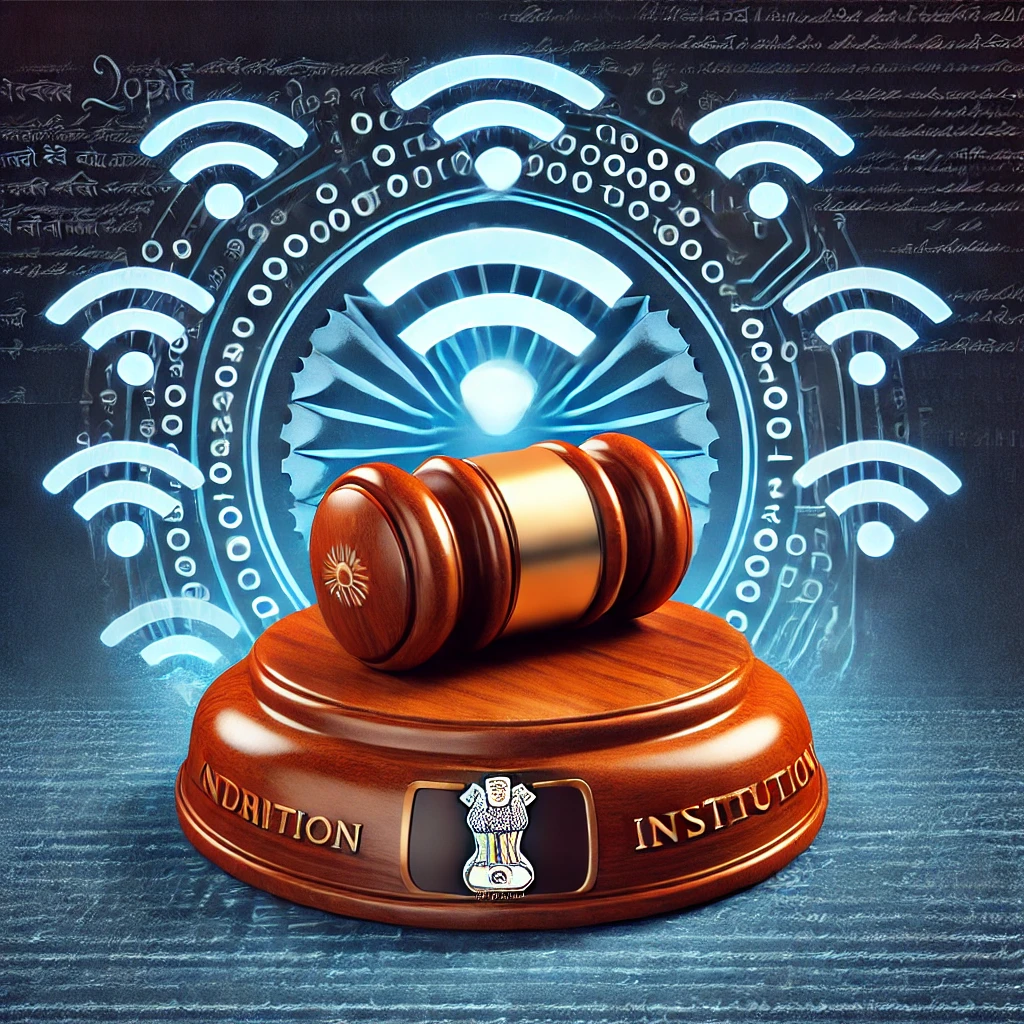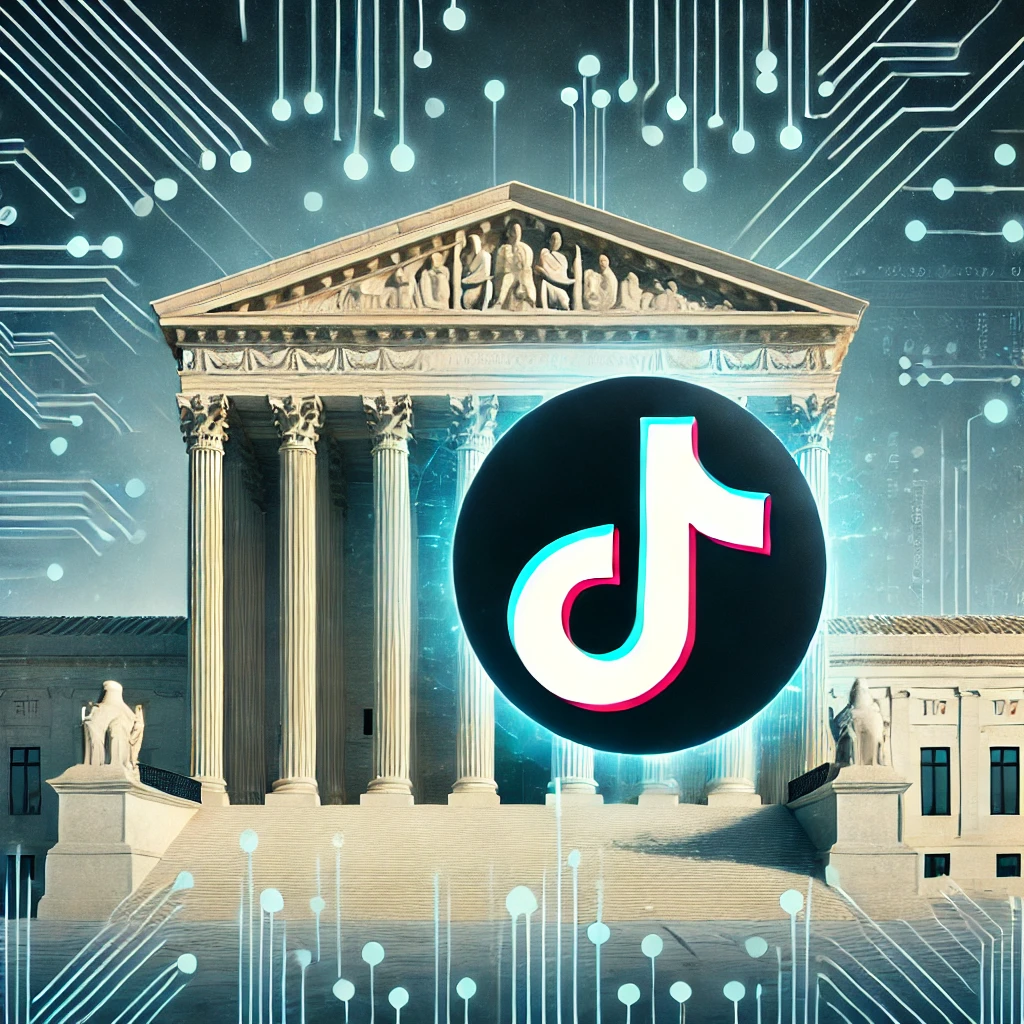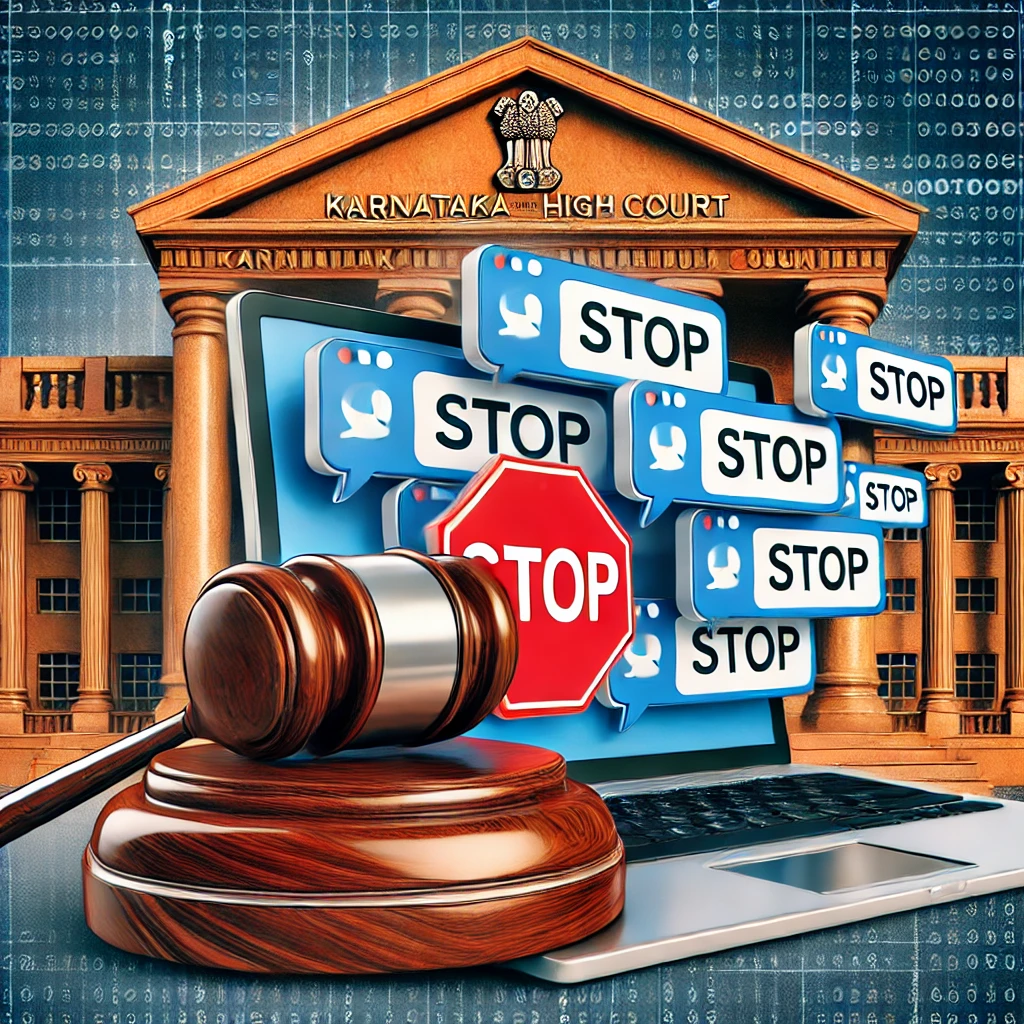Media laws at Guinea-Bissau
Media Laws in Guinea-Bissau
Guinea-Bissau, located in West Africa, has a complex media landscape characterized by a history of political instability and economic challenges. The media sector in Guinea-Bissau is relatively free compared to some neighboring countries, but it still faces significant challenges, including political interference, limited resources, and occasional restrictions on freedom of expression. Below is an overview of media laws and the media environment in Guinea-Bissau.
1. Constitutional and Legal Framework
The Constitution of Guinea-Bissau (1984, revised in 1991 and 2005): The Constitution guarantees freedom of expression and the press, which is enshrined in Article 25:
Article 25: "Every citizen has the right to freely express his opinions in writing or orally, in accordance with the law."
This provision assures a degree of media freedom, but there are still significant practical limitations on this right due to political pressure and censorship.
2. Key Media Laws and Regulations
A. The Press Law (1991)
Guinea-Bissau's Press Law of 1991 is the key legislative framework for regulating media activities in the country.
The law grants freedom of the press, emphasizing the right to freely express opinions and the right to publish without government interference. It applies to print, radio, and television media.
The law also sets out journalistic responsibilities and requires that media outlets comply with the standards of professional ethics, including the duty to avoid incitement to violence and hatred.
The Press Law allows media outlets to operate without requiring prior censorship, but defamation laws are in place that can lead to legal consequences if media content harms a person’s reputation.
B. The Electoral Law (2014)
The Electoral Law of 2014 includes provisions for the media's role during elections, emphasizing the importance of balanced and impartial coverage. It establishes guidelines for the media's involvement in electoral campaigns, ensuring that political parties have equal access to media outlets.
The law aims to guarantee media fairness and neutrality during elections, but concerns about political bias in coverage remain a challenge, particularly in a politically polarized environment.
3. Regulatory Bodies
A. The National Communications Institute (Instituto Nacional de Comunicação – INE):
The INE is the primary regulatory body for the media sector in Guinea-Bissau. It oversees broadcasting activities and ensures compliance with the country’s media laws, including licensing and content regulation.
The INE is responsible for issuing licenses for radio and television stations and monitoring their adherence to broadcasting standards. However, the regulatory body has been criticized for its lack of independence, with political influence often affecting its operations.
B. Public Media:
The state-run broadcaster, Guinea-Bissau National Radio and Television (RTGB), operates radio and television stations and is funded by the government. RTGB has a mandate to provide public service broadcasting but has often been seen as lacking editorial independence and serving government interests.
There are also private media outlets in the country, including radio stations and newspapers, although they face financial difficulties and are limited in their ability to operate freely.
4. Press Freedom and Media Environment
Press Freedom: Guinea-Bissau's media enjoys a relatively high degree of press freedom compared to many other countries in the region. Journalists can report on political issues and government activities, though they are occasionally subject to intimidation, harassment, or violence.
Challenges to Press Freedom:
Political pressure: Media outlets, particularly those critical of the government, often face pressure, including legal threats, harassment, and closure.
Self-censorship: Due to the political climate, journalists sometimes engage in self-censorship, avoiding certain topics or issues to avoid reprisals.
Economic challenges: The media in Guinea-Bissau faces financial constraints, which limit the ability of many outlets to operate effectively. Many journalists work under difficult conditions, with low wages and limited resources.
5. Defamation and Libel
Defamation Laws: Defamation, both civil and criminal, is a sensitive issue in Guinea-Bissau. The 1991 Press Law includes provisions that allow individuals to file lawsuits against media outlets for defamation.
Journalists who publish false or damaging information can be sued, and media outlets may face penalties such as fines or closure. However, defamation laws are often used by political actors to suppress critical media coverage.
Criminal Libel: Criminal libel is still a concern in Guinea-Bissau, with some journalists facing prosecution for publishing critical reports about public figures or the government. This has led to a chilling effect on investigative journalism.
6. Broadcasting and Media Ownership
Public Broadcasting: Guinea-Bissau has a state-run broadcaster (RTGB), which includes radio and television channels. RTGB is intended to serve the public interest, but like many state broadcasters, it faces criticism for being biased toward the ruling government.
Private Media: There are several private radio stations, newspapers, and online media outlets in Guinea-Bissau. However, these private outlets often face financial struggles and are less influential compared to state media.
Media pluralism is limited by the concentration of ownership, with a few individuals or political groups controlling major outlets. This concentration limits diversity in media viewpoints.
7. Social Media and Online Content
Social Media Use: Social media platforms such as Facebook, WhatsApp, and Twitter are widely used in Guinea-Bissau for both personal communication and news dissemination. Social media serves as an important alternative source of information for the population.
Online Regulation: There are currently no specific laws regulating online content or social media. However, social media platforms are still subject to the country’s defamation laws, and individuals can face legal consequences for posting defamatory content online.
Government Control: While Guinea-Bissau has not seen widespread internet censorship, the government has occasionally targeted online activists and bloggers for their political views or criticism of the government.
8. Hate Speech and Content Regulation
Hate Speech: The Press Law of 1991 and other media laws include provisions that prohibit content that promotes violence, hatred, or discrimination. Media outlets must ensure that their content does not incite violence or hostility between different groups in society.
Content Regulation: While the regulatory framework does allow for certain content restrictions, such as on hate speech, the enforcement of these regulations is inconsistent. Political bias and economic pressures often influence how media content is regulated.
9. International Considerations and Challenges
Guinea-Bissau is a member of the United Nations and the African Union, and it is bound by international conventions that protect media freedom, such as the African Charter on Human and Peoples' Rights.
However, Guinea-Bissau’s media landscape faces significant challenges in terms of political independence, media ownership, and government interference. International organizations, such as Reporters Without Borders and Human Rights Watch, have criticized the country for press freedom violations, including harassment of journalists and restrictions on critical reporting.
Summary Table: Media Laws in Guinea-Bissau
| Aspect | Status |
|---|---|
| Freedom of Press | Protected by the Constitution but challenged by political pressure, violence, and censorship |
| Defamation | Civil and criminal offense; can lead to fines, imprisonment, or closure of outlets |
| Broadcasting | Regulated by the National Communications Institute (INE); state-run RTGB plays a dominant role |
| Social Media Regulation | No specific laws, but social media content is subject to defamation and hate speech laws |
| Press Complaints | Defamation cases can be pursued through courts; political influence can affect media autonomy |
| Public Media | RTGB is the primary public broadcaster, though often criticized for government bias |
| Media Ownership | Media ownership is concentrated in a few hands, limiting diversity in viewpoints |
| Hate Speech | Prohibited; media outlets must avoid promoting violence or discrimination |
Conclusion:
Guinea-Bissau's media environment is characterized by constitutional protections for press freedom, but the country faces significant challenges. These include political interference, limited resources for media outlets, and the occasional use of defamation laws to silence critics. While there is a degree of media pluralism, the state-run RTGB dominates the landscape, and private outlets struggle with financial and political pressures. Despite the legal framework that supports press freedom, self-censorship, political bias, and occasional government restrictions continue to limit the potential for a truly free and independent media.




















0 comments